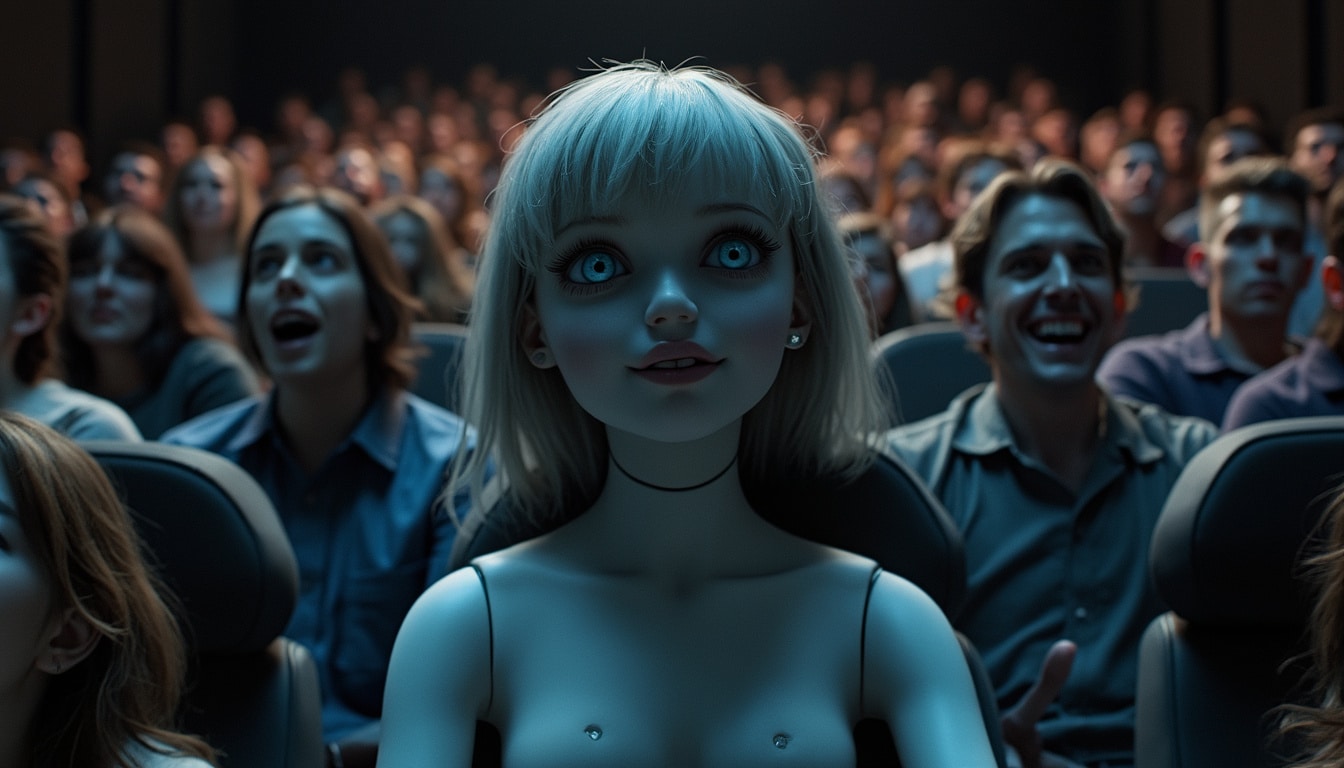In a world where medical breakthroughs often feel like they’re just out of reach, Russia claims to have pulled a superhero move by rolling out a cancer vaccine powered by artificial intelligence (AI). Set to burst onto the scene in 2025, this innovative creation promises to be the Disney Genie of vaccines, adapting to every individual’s unique cancer. Vladimir Putin himself has championed not only its marvel but its accessibility, echoing Oprah’s “You get a vaccine, you get a vaccine, everybody gets a vaccine!” Yet, as tempting as it sounds, one can’t help but ponder—could this be the unicorn of oncology, or are we just chasing an elaborate carrot on a stick?
A Russian Innovator Develops an AI-Powered Cancer Vaccine: Is It Too Good to Be True?
Russia claims a groundbreaking achievement in the world of oncology with an AI-powered mRNA vaccine against cancer that is planned for distribution by early 2025. The vaccine, which has shown promise in pre-clinical trials by suppressing tumor growth, aims to be tailored to each patient. Utilizing advanced neural networks, the vaccine development process is significantly expedited, reducing time from lengthy durations to mere hours. Furthermore, this treatment will reportedly be available at no cost to patients. Although exciting, the lack of detailed information has left many in the medical community skeptical of its true efficacy. Enhancements in cancer treatment could be on the horizon, but the world waits to see if this innovation meets its high expectations.

The Russian government recently announced a bold step in the fight against cancer with a groundbreaking mRNA vaccine said to harness the power of artificial intelligence. According to news sources like NDTV, this isn’t just another run-of-the-mill treatment. It’s a tailored approach using neural networks to customize the vaccine for each patient. Who wouldn’t be excited? If cancer had a social media profile, it just hit the « relationship: it’s complicated. » When it comes to scientific breakthroughs, we’re often left clutching at optimism like a monkey with a banana, hoping for the best but fearing the banana might just be too green.
Table of contents
Togglethe potential impact of the vaccine
This revolutionary treatment aims to not only curb tumor growth but also promises the jolly outcome of shrinking tumors by a whopping 75-80%! Does this mean cancer could be dancing its way to extinction? Russian President Vladimir Putin has announced that this life-altering vaccine will be distributed freely to all citizens by 2025. That’s right, folks, the Russians are going all out, promising to treat cancers, from feisty skin melanomas to brain-challenging glioblastomas! But it all raises questions about whether such unparalleled assurances can keep their balance on the tightrope of reality.
Ready to impress a room full of scientists, the genius behind this mRNA-based beauty is how its AI-driven analysis offers rapid DNA tumor screening, which is said to cut production time to under an hour! Alexander Ginsburg from the Centre Gamaleya claims this could redefine cancer treatment, making cancer a little less terrifying. They’re hoping that this approach might make chemotherapy and radiation seem as archaic as sending telegrams to your goldfish. If this isn’t Santa Claus in lab coats, then I don’t know what is! However, with current glimpses into its success still in pre-clinical phases, a touch of skepticism remains. Or, as ‘Paranoia Monthly’ might title it, « Can AI Make Our Wildest Dreams a Neo-Renaissance Reality? »
challenges and skepticism
Despite the excitement surrounding this promising breakthrough, there lies a fat elephant in the room—or a mammoth, since we’re talking Russia. Is it plausible to deliver these personalized treatments on a global scale? Reports note that while this idea isn’t entirely novel, cost is a major hurdle. The delightful tag along that is the ‘limited data baggage’ means we should not uncork our champagne bottles yet. Every breakthrough faces its own set of challenges, but when it comes to cancer’s ultimate dance-off, developing customizable vaccines is no different from Cinderella’s fairy-tale becoming a stockpile of pumpkins.













